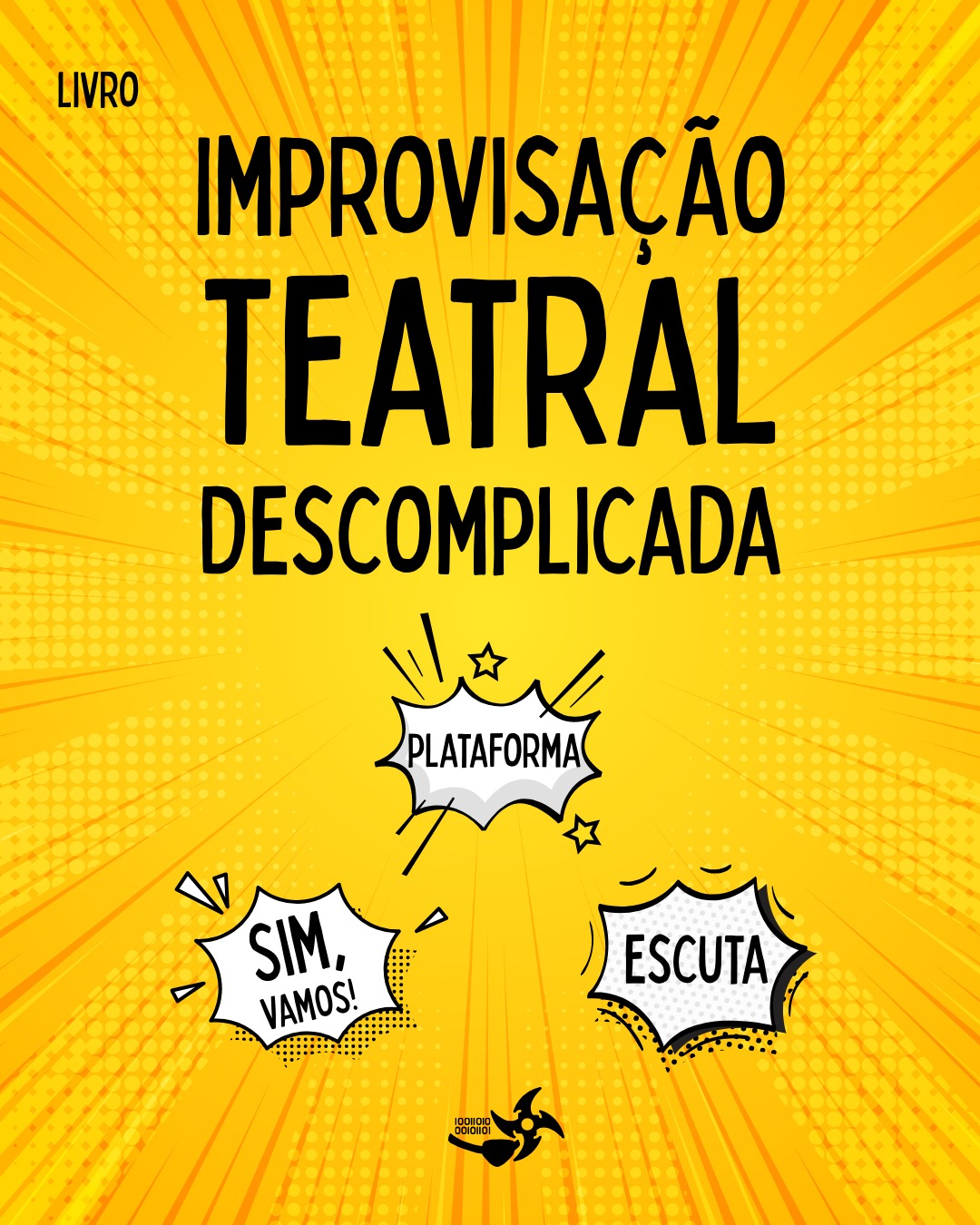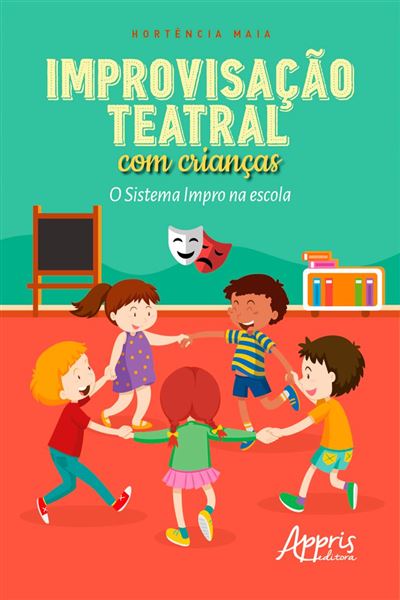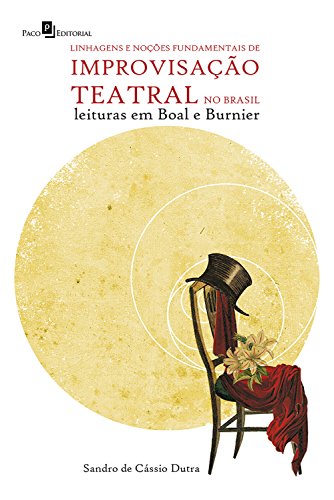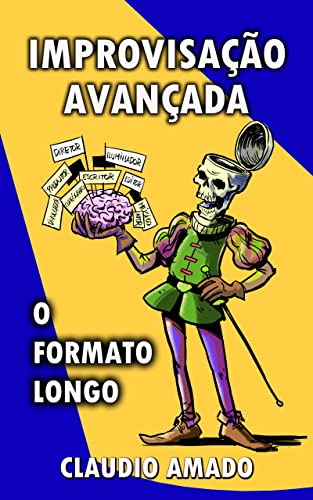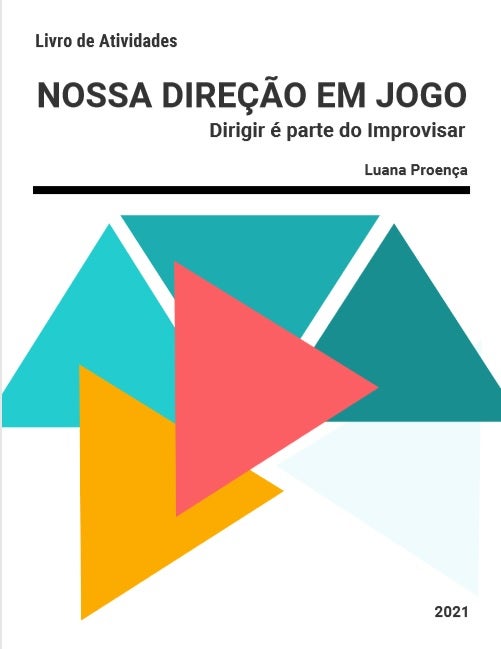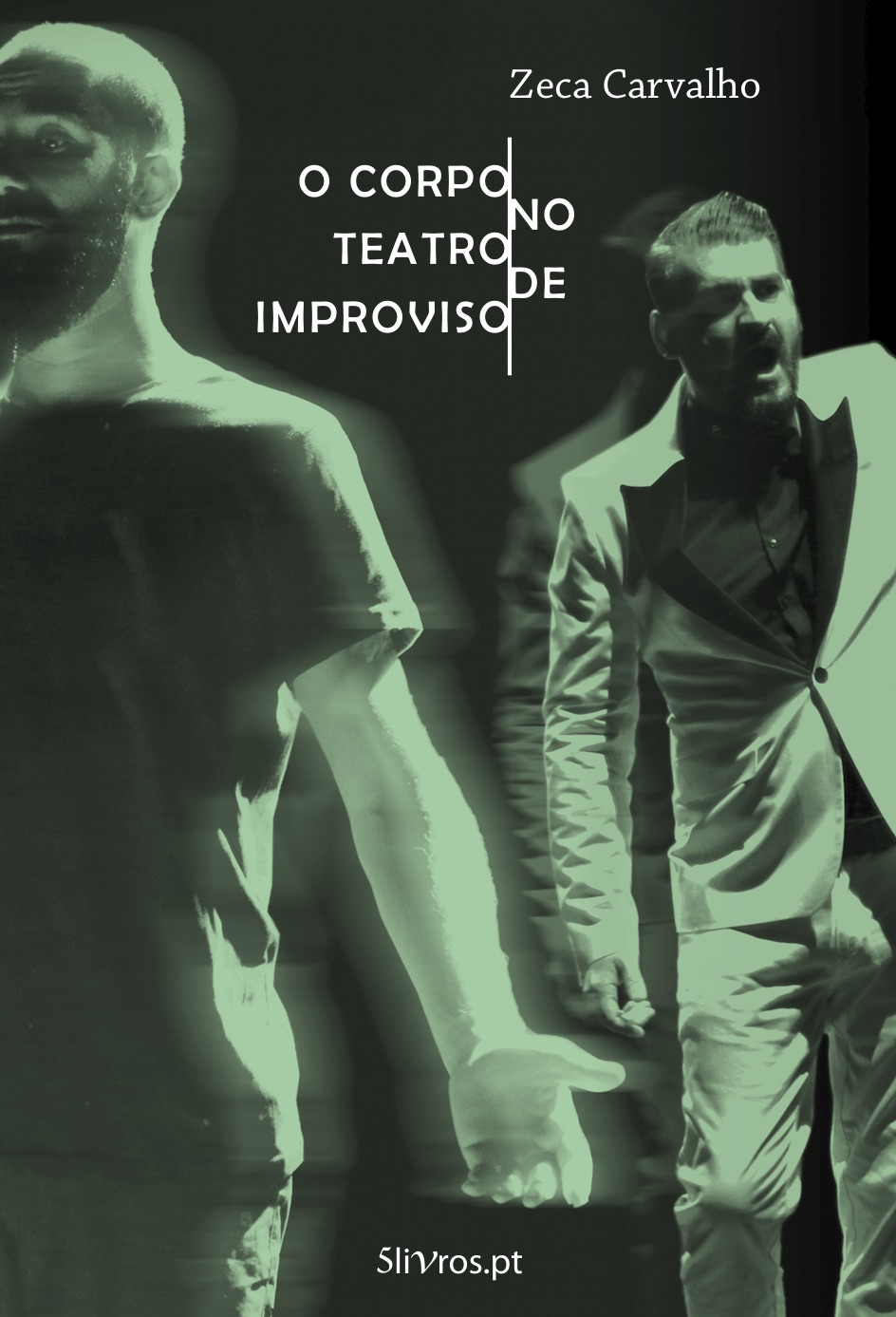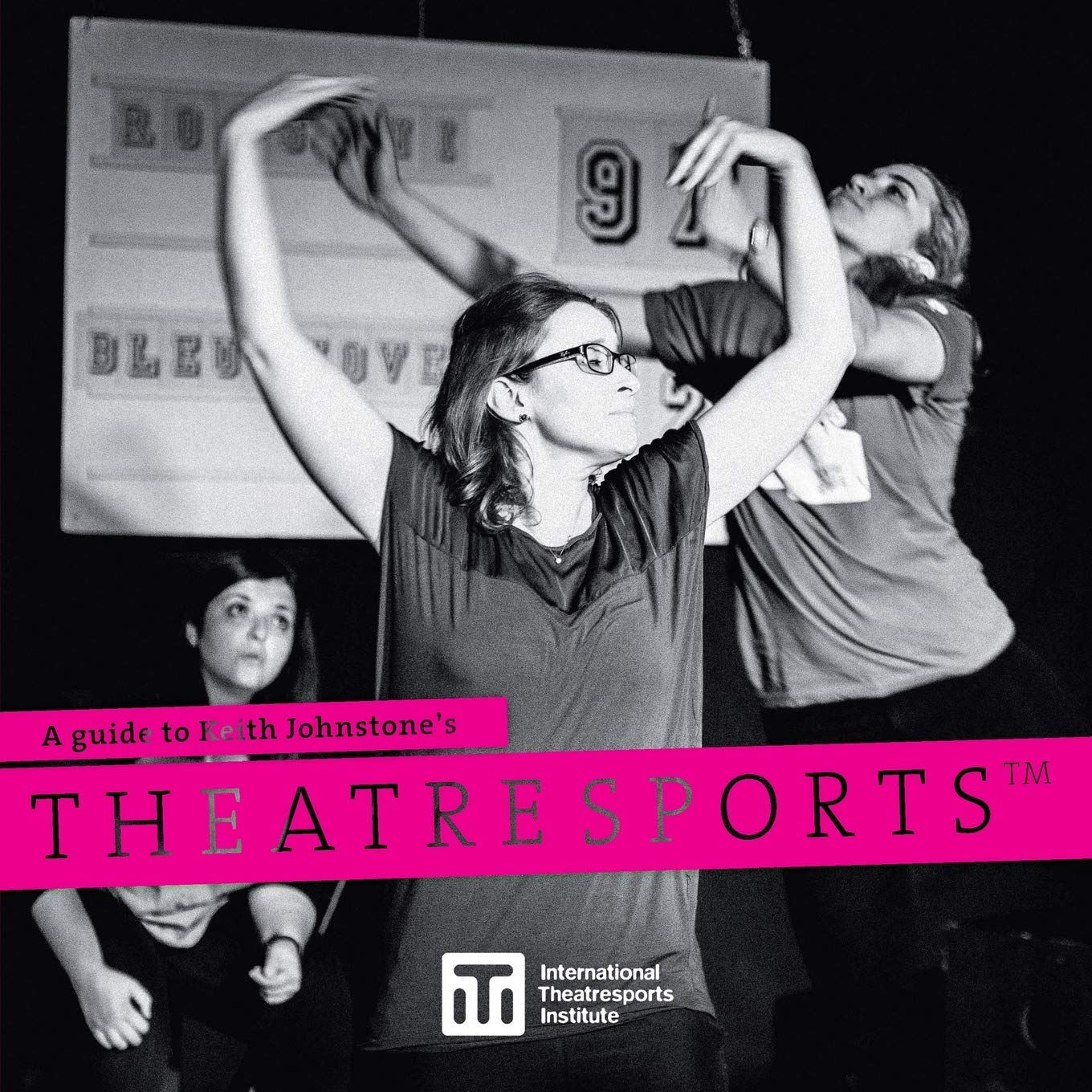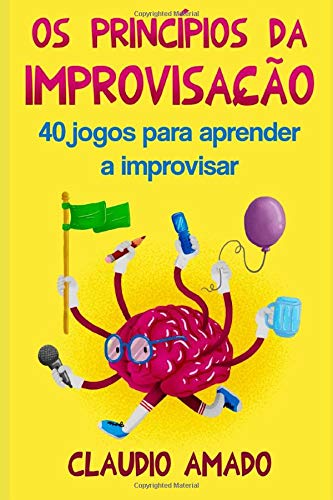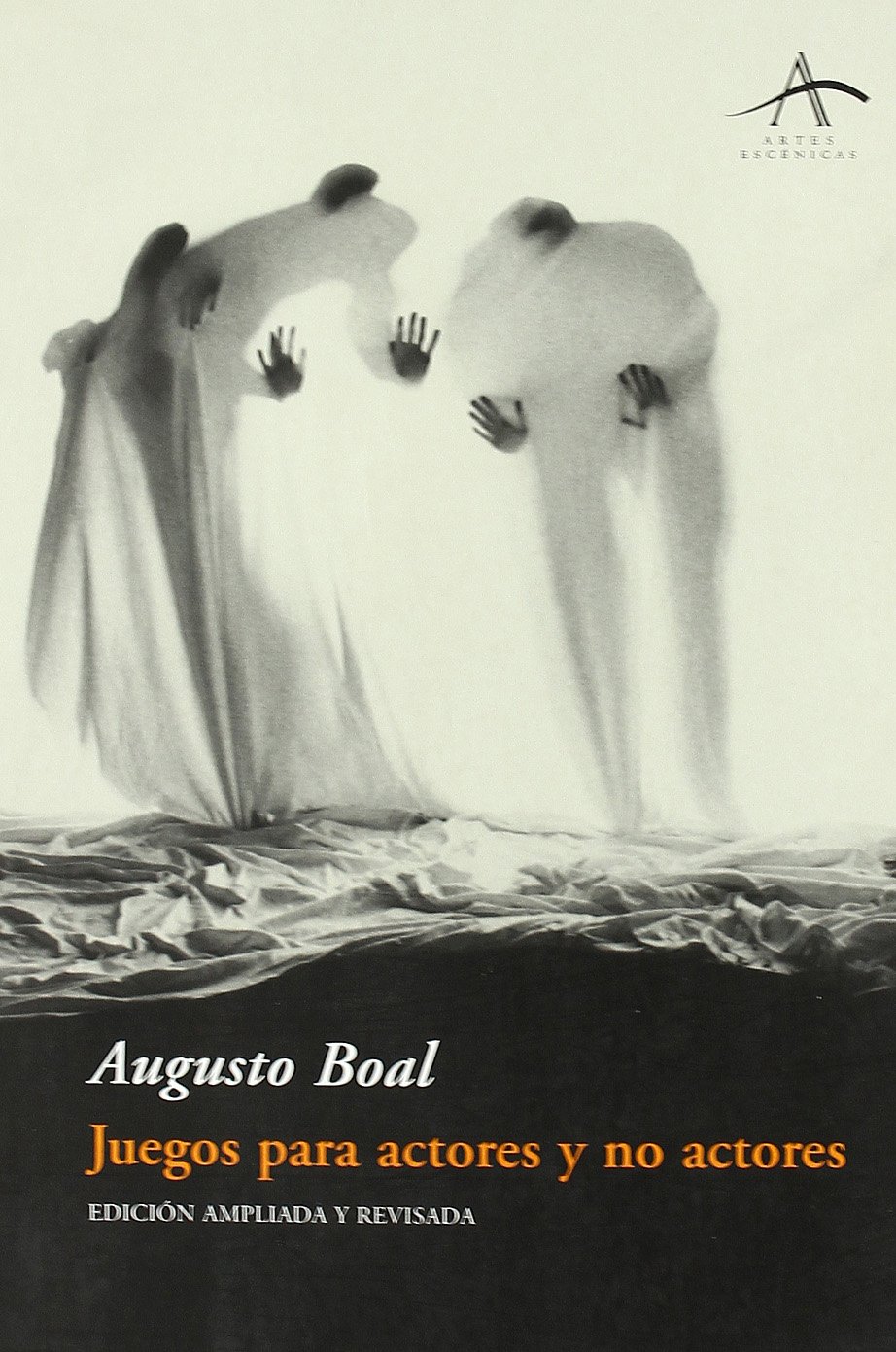Com o objetivo de democratizar as ferramentas da improvisação teatral, a obra quer fazer as práticas do improviso estourarem as bolhas das metrópoles brasileiras. Tendo em vista que mesmo em grandes cidades, como o Rio de Janeiro, a improvisação teatral se apresenta muito mais latente nas zonas nobres da cidade, Luiz Felipe Martins pretende mudar essa realidade. “Improvisação Teatral Descomplicada” quer munir professores e atores das linguagens do improviso, que podem formar artistas mais completos. Assim, será possível popularizar a cultura da improvisação teatral, explorar seu ensino em escolas fora do eixo Rio-São Paulo para criar novos polos da prática e estimular a pesquisa do teatro de improviso para o desenvolvimento das potencialidades humanas.Este livro conta com diversos exercícios, jogos e espetáculos de Improvisação para que a linguagem chegue em todo o território nacional e o valor promocional do livro na pré-venda visa a democratização e a acessibilidade do conhecimento. “Improvisação Teatral Descomplicada” é o guia perfeito para quem quer mergulhar no universo do improviso sem medo e sem mistérios! Seja você um ator, professor, comunicador, curioso ou alguém em busca mais criatividade e espontaneidade no dia a dia, este livro vai te mostrar que improvisar é para todos. Com…
Portuguese
The theatrical improvisation book with children: The Impro System in the school This book presents the practice of improvisation and its pedagogical possibilities in teaching theater with children in basic education, and broadens the alternatives for working with improvisation in not teaching fundamental in consonance with the language skills of theater described in the last version of the Comum National Curriculum Base. Objectively, Impro is a practice of theatrical improvisation in front of the public, developed by theater professor and English playwright Keith Johnstone, since the 1950s in contemporary times, which has the premise of a theater that works with spontaneity and imagination for a creative mind. Improper System is the nomenclature given by North American researcher Theresa Dudeck in relation to Johnstone’s teaching-learning work.
Linhagens e noções fundamentais de improvisação teatral no Brasil: Leituras em Boal e Burnier Doctoral thesis – Federal University of the State of Rio de Janeiro, 2013 In a historical-theatrical perspective, the author investigates what he considered the main sources of the conceptions of improvisation, namely, those coming from the Russian director and theorist Stanislavski and the Italian branch (Commedia dell’Arte and Eugenio Barba). This book is the result of an attempt to understand the fundamental notions of improvisation in Brazilian theater, present in the conceptions of Augusto Boal and Luís Otávio Burnier. In a historical-theatrical perspective, the author investigates what he considered to be the main sources of the conceptions of improvisation, namely, those coming from the director and the theorist. The Russian Stanislavski and the Italian part (Commedia dell’Arte and Eugenio Barba). Through the analysis of these references, followed by the investigation of the works of Boal and Burnier, the author suggests that, indeed, it is possible to establish significant comparisons between the conception of Stanislavski and Boal, on the one hand, and that of Barba (directly related to Commedia dell’Arte) and Burnier, from another. From these convergences, two improvising lineages are established: Stanislavski-Boal; commedia dell’arte/Barba-Burnier.
Have you ever seen a HAROLD in your life? Improv theater, called Impro, Improv or Improv Comedy, is usually known for improvisation games. Television shows like Who’s Line is you anyway? popularized improvisation games on the Internet. The entire Improv methodology was developed through improvised games. All improvisers learn to improvise through them. Improvised games are the ABC of improvisation but… what about the rest of the alphabet? In 1955, in California, members of the group The Committee decided to put on a different improvisational show that night. Instead of a theatrical show made up of improvisation games as they normally did, they decided to try a new way of improvising: with just one word from the audience as an initial suggestion, they would improvise the entire show straight without stopping until the end. After the performance, in the car, returning home, the group’s director, called Del Close, asked what they would name that different type of improvisation and one of the members simply replied: “Harold!”. Long form improvisation, also called slow comedy, was born there. Claudio Amado is from Teatro do Nada, one of the precursor groups of Improv in Brazil, founded in 2004. In 2009, Claudio Amado debuted…
OUR DIRECTION AT STAKE: Directing is part of Improvising This is a workbook with exercises to do by yourself at home and also as a group in your theater. If improvisers are actors, writers and directors at the same time when they improvise, so directing is part of improvising. The book have 19 exercises to work the directing side of the improviser, the direction that our improvisitation takes (as whe also choose) while we are improvising.
The extensive theoretical reflection and the exhaustive analysis of testimonies from improvisers make this book an object of central importance for a better understanding of the practice of Impro. Its scope is transversal to all international practice, but it has a very particular impact on the contexts of research and creation in Brazil and Portugal. In addition to its academic relevance, the author’s vast experience in this area – both as a performer and researcher – and his professed passion for the modality, gives, in addition, to reading the text that inviting feeling that makes us let ourselves be carried away by those who know/ do/like. Prof. Dr. Gustavo Vicente Centro de Estudos de Teatro, Universidade de Lisboa
This guide is for all those wishing to train in and produce Theatresports™. It is a fantastic format to experience Impro Keith Johnstone style and receive all of the personal and group benefits that go along with it. Theatresports™ players develop in storytelling, spontaneity, joyful failure, confidence, teamwork and so much more. In the late 1950’s Keith Johnstone was experimenting with Theatresports™ in London England. It was first produced in Calgary, Canada in 1977, from there spread around the world and is now played in over 90 countries. The International Theatresports™ Institute was created by Keith to entrust and manage his Impro formats. The ITI grants performance rights to groups wishing to train on and perform the Keith Johnstone formats of Theatresports™, Maestro Impro™ and Gorilla Theatre™. Money from royalties goes to member benefits, building the Impro community and managing the trademark and legacy. Keith himself has never taken any profit from the licensing of Theatresports™. The ITI Theatresports™ Guide was originally produced exclusively for performance rights holders free of charge in pdf form. This new print edition has been revised and improved for larger distribution. ITI members still have select access but it is now available for purchase to…
This book is a practical and easy guide to learning the art of improvisation, that is, being prepared to find solutions to unexpected problems. To improvise on stage, at work and in life, it is necessary to develop certain skills that we already have, but which can be improved. Each chapter talks about a skill necessary for improvisation, such as Listening, Collaboration, Teamwork, accompanied by related improvisation games. This book is recommended for improvisers, improvisation teachers, actors, theater and arts students and teachers; professionals from different areas who seek to develop their own skills or those of their employees and co-workers, such as Communication, Self-Expression, Combating Shyness, Teamwork, Decision Making, Quick Reasoning, among others; consultants, trainers, speakers, corporate training facilitators and coaches; writers, screenwriters, advertisers, playwrights and others interested in storytelling, scriptwriting and story creation; and for anyone who wants to learn fun games of creativity, spontaneity and integration for two or more people. All the exercises described in the book have already been used by the author in his classes and training in these 12 years of research and dedication to teaching the methodology known as Impro or Improv. It’s been a long time since improvisation theater techniques left…
Games for Actors and Non-Actors is the classic and bestselling book by the founder of Theatre of the Oppressed, Augusto Boal. It sets out the principles and practice of Boal’s revolutionary method, showing how theatre can be used to transform and liberate everyone – actors and non-actors alike! This new third English edition includes recently uncovered interviews and essays from the 1970s, some of which featured in the earliest Portuguese edition of this book, and a new essay by the theatre director Sergio de Carvalho, which looks at Boal’s work in the context of Brazilian theatre and politics over the past fifty years. This is a vital handbook for theatre makers and activists of all kinds who want to deepen their understanding of the theory and practice of Boal’s Theatre of the Oppressed. It is also an excellent introduction for those new to the system.
Improvisation as a spectacle is a theatrical style where actors create dinners in no time, together with the public and in the heat of the day. This book presents a methodological proposal for teaching and learning improvisation, contextualized in the main artistic and technical experiences of improvisation as a spectacle from the second meta of the 20th century. It is the result of ten years of practical and theoretical research on the topic and aims to contribute to the technical and artistic development of improvisation as well as spectacle in our training processes in theater with adults and children.
